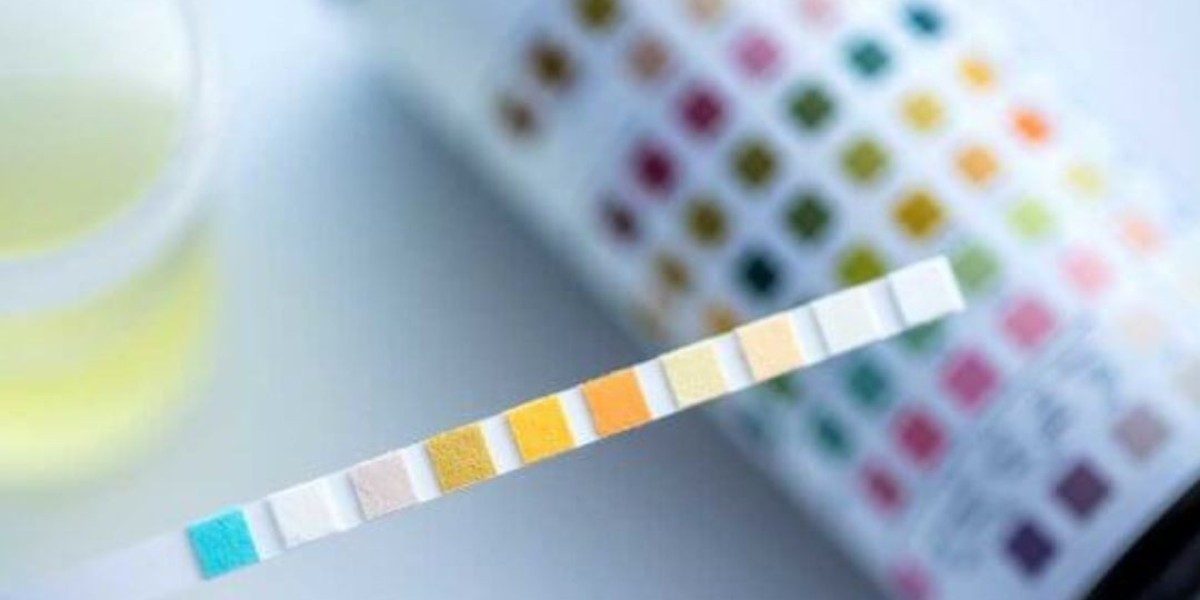In today’s fast-paced world, mobile drug and alcohol testing has emerged as a convenient alternative to traditional laboratory-based drug testing. However, a common question arises: Is mobile drug testing as reliable as lab testing? In this comprehensive article, we will delve into the intricacies of mobile drug testing, compare its reliability with laboratory testing, and provide insights to help businesses and individuals make informed decisions.
What Is Mobile Drug and Alcohol Testing?
Mobile drug and alcohol testing involves collecting samples such as urine, saliva, or hair at a location convenient for the employer or individual, rather than requiring a visit to a laboratory. These services are conducted by trained professionals who bring the necessary equipment and follow strict protocols to ensure accurate and reliable results.
Key Benefits of Mobile Drug Testing:
Convenience: Samples are collected at the workplace or any designated location, saving time and effort.
Cost Efficiency: Eliminates the need for transportation and minimizes downtime for employees.
Flexibility: Available for on-demand needs, ensuring timely testing.
How Does Mobile Drug Testing Work?
Mobile drug testing follows a structured process to ensure accuracy and reliability:
Collection: A trained technician collects the sample, ensuring proper chain of custody and following standardized procedures.
Documentation: All samples are meticulously labeled and documented to maintain traceability.
Transport: Samples are securely transported to certified laboratories for testing, if required, or analyzed on-site using advanced equipment.
Analysis: Results are generated using the same technology and standards employed in traditional labs.
This process mirrors laboratory testing protocols, ensuring that the integrity of the sample is maintained from collection to analysis.
Comparing Reliability: Mobile Drug Testing vs. Lab Testing
To determine the reliability of mobile drug testing compared to lab testing, it’s essential to examine several key factors:
1. Accuracy of Results
Mobile Drug and Alcohol Testing: Modern mobile drug testing units utilize advanced diagnostic tools that deliver precise results. For common tests like urine drug screens, the error margin is negligible when protocols are followed.
Lab Testing: Laboratories often have access to state-of-the-art equipment and offer highly detailed analyses, especially for confirmatory testing.
Verdict: Both methods are reliable for initial screening. For highly sensitive confirmatory testing, labs may have a slight edge.
2. Chain of Custody
Mobile Drug Testing: Adheres to strict chain-of-custody procedures to prevent tampering or contamination of samples.
Lab Testing: Labs also follow rigorous chain-of-custody protocols, often with more robust storage and handling capabilities.
Verdict: Both methods maintain secure handling procedures, ensuring the validity of results.
3. Detection Windows and Substances
Mobile Drug Testing: Suitable for detecting a wide range of substances, including marijuana, cocaine, opioids, and alcohol. Portable kits are limited to detecting recent usage for most substances.
Lab Testing: Offers more extensive panels and advanced tests to detect long-term drug use, including metabolites that mobile kits might miss.
Verdict: Lab testing is more comprehensive for detecting long-term substance use.
4. Turnaround Time
Mobile Drug Testing: Provides near-instant results for preliminary screenings, making it ideal for immediate needs.
Lab Testing: Requires additional time for transport and processing, with results often available within 24-72 hours.
Verdict: Mobile drug and alcohol testing is faster for initial results, while lab testing is slower but more detailed.
Applications of Mobile Drug Testing
Mobile drug testing is increasingly being adopted in various scenarios, including:
Workplace Testing: Helps businesses maintain drug-free environments without disrupting operations.
Post-Accident Testing: Enables rapid testing after workplace incidents to determine if substance use was a factor.
Random Testing: Ideal for surprise checks to ensure compliance with company policies.
Court-Ordered Testing: Provides a reliable method for probation or custody-related drug testing requirements.
Limitations of Mobile Drug Testing
While mobile drug testing offers numerous benefits, there are certain limitations:
Equipment Constraints: Portable devices may lack the sensitivity of lab-based equipment for certain substances.
Environmental Factors: External conditions, such as temperature, can sometimes affect sample integrity.
Scope of Testing: Mobile setups may not accommodate highly specialized or uncommon drug panels.
These challenges, however, can be mitigated by using certified professionals and adhering to stringent protocols.
Why Choose Mobile Drug Testing?
For most situations, mobile drug testing is a reliable and efficient option, particularly when convenience and quick results are paramount. It meets the needs of modern workplaces, aligns with legal requirements, and minimizes disruptions. However, for highly sensitive cases or those requiring extensive analysis, laboratory testing remains the gold standard.
Conclusion
Both mobile and laboratory drug testing have their advantages and limitations. While mobile drug and alcohol testing offers convenience. Choosing between the two depends on your specific needs, such as the required level of detail, turnaround time, and logistical constraints.
By leveraging the strengths of each method, businesses and individuals can ensure accurate and reliable drug testing outcomes, fostering safer and more compliant environments.
nience, speed, and cost savings, lab testing excels in comprehensive analysis and long-term detection






